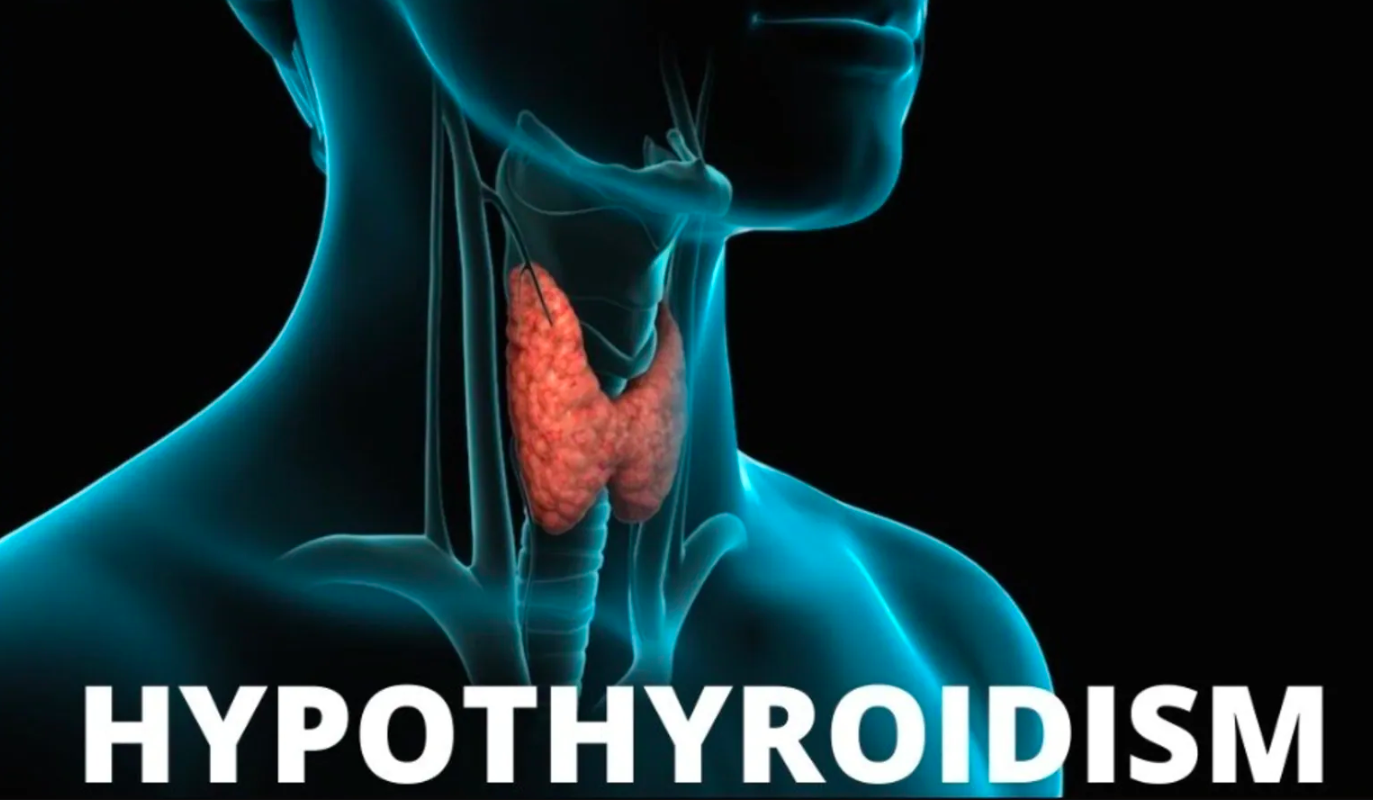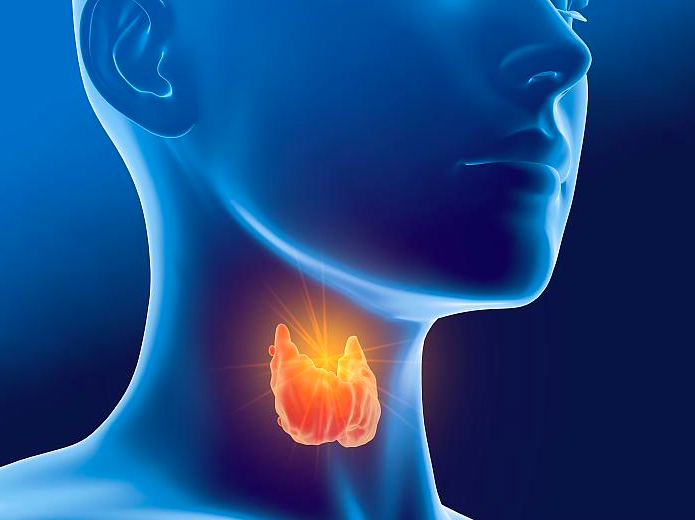Hypothyroidism, or an underactive thyroid, is a condition in which the thyroid gland does not produce enough thyroid hormones. It is a common disorder that can affect various aspects of your health and well-being. Managing hypothyroidism typically involves a combination of medical treatment and lifestyle changes.
Here are some strategies to help manage the Thyroid:
- Consult a healthcare professional: If you suspect you have hypothyroidism, it is important to consult a healthcare professional You can consult a primary care physician or an endocrinologist. They can diagnose the condition and provide appropriate treatment options.
- Medication: The most common treatment for hypothyroidism is thyroid hormone replacement therapy. Typically, synthetic thyroid hormone medication, such as levothyroxine, is prescribed to replace the deficient hormones. It is important to take the medication as prescribed by your healthcare provider.
- Regular follow-up and monitoring: Once you start thyroid hormone replacement therapy, regular follow-up appointments with your healthcare provider are essential. They can monitor your hormone levels, adjust your medication dosage. Hence, ensure that your treatment is effective.
- Healthy diet: A balanced diet can support overall health, including thyroid function.

Some dietary recommendations for managing hypothyroidism:
- Include iodine-rich foods: Iodine is essential for thyroid hormone production. Good sources of iodine include iodized salt, seaweed, seafood, dairy products, and eggs. However, if you have Hashimoto’s thyroiditis, you may need to limit your iodine intake. It can worsen the condition. Hashimoto’s thyroiditis is an autoimmune condition that causes hypothyroidism. Consult your healthcare provider for personalized advice.
- Consume selenium-rich foods: Selenium is necessary for the conversion of thyroid hormones in the body. Foods rich in selenium include Brazil nuts, fish, eggs, legumes, and whole grains.
- Eat a variety of nutrient-rich foods: Ensure your diet includes fruits, vegetables, lean proteins, whole grains, and healthy fats. These provide essential nutrients and support overall health.
- Consider gluten avoidance: Some individuals with hypothyroidism find that avoiding gluten can help reduce inflammation and improve symptoms. However, gluten avoidance should be discussed with a healthcare provider and should not replace medication.

Here are a few lifestyle changes that you can incorporate to lead a better and easy life:
- Regular exercise: Engaging in regular physical activity can help boost metabolism, improve energy levels, and support overall well-being. Consult your healthcare provider before starting any exercise regimen, especially if you have other medical conditions.
- Stress management: Chronic stress can affect thyroid function. Engage in stress-reducing activities such as meditation, yoga, deep breathing exercises, or hobbies that help you relax.
- Adequate sleep: Prioritize getting enough sleep to support your overall health and hormone balance.
- Be consistent with medication: Take your thyroid hormone replacement medication consistently as prescribed. Avoid skipping doses or making changes to your medication without consulting your healthcare provider.
- Be aware of potential interactions: Certain medications, supplements, or dietary changes may interact with thyroid medication. Inform your healthcare provider about any new medications or supplements you plan to take.
- Regular thyroid function tests: Your healthcare provider may recommend regular blood tests to monitor your thyroid hormone levels. These tests help assess the effectiveness of your treatment and may guide medication adjustments if necessary.
Remember, every individual is unique, and the management of hypothyroidism may vary. It is important to consult your healthcare provider. They can help you develop a personalized treatment plan that suits your specific needs.
Read more: Simplified Thyroid: Diseases, Prevention and more
Citations
https://www.niddk.nih.gov/health-information/endocrine-diseases/hypothyroidism
https://www.nhs.uk/conditions/underactive-thyroid-hypothyroidism/treatment/


